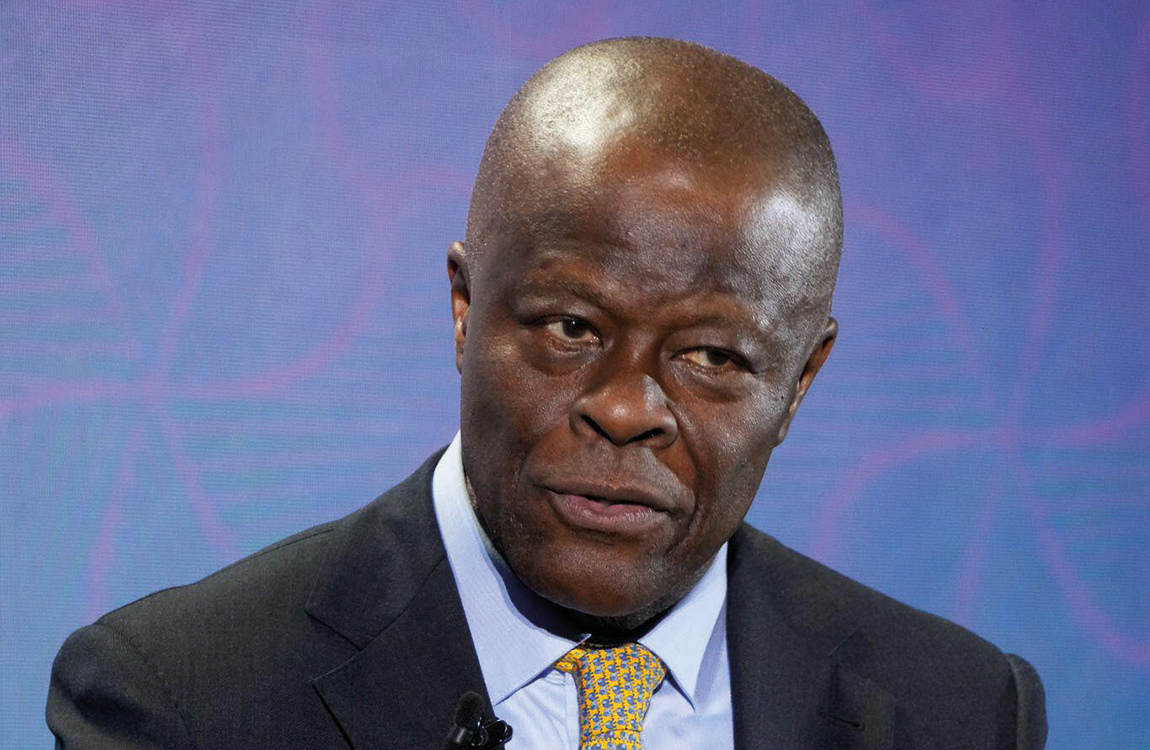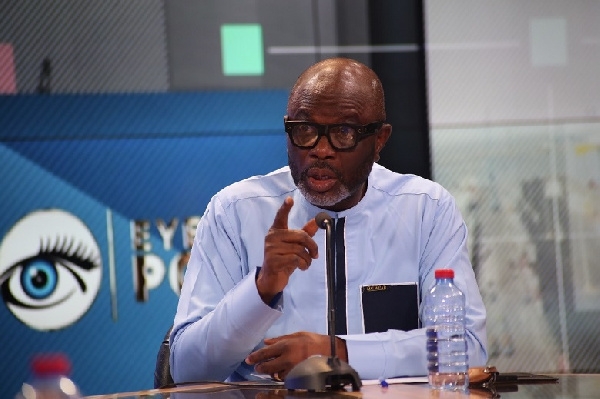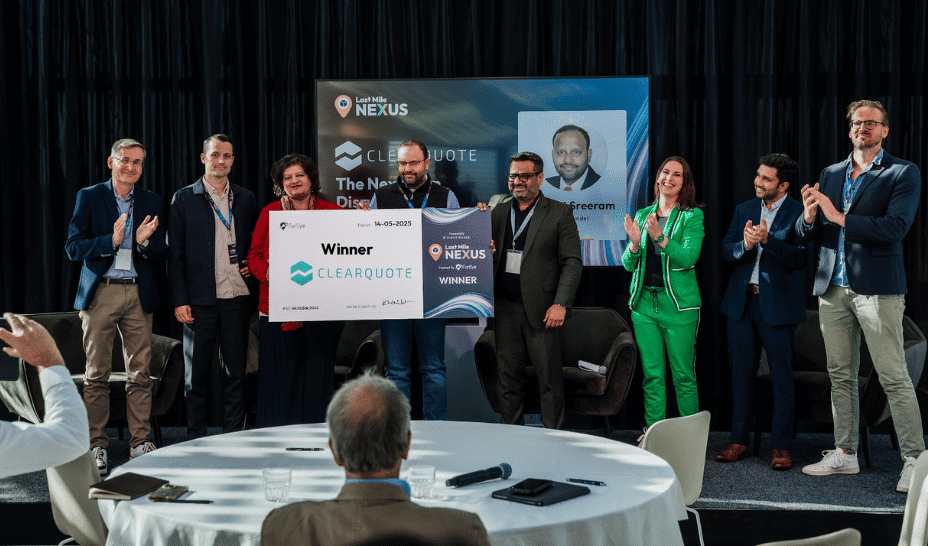Nigeria's digital economy surges ahead with major infrastructure investments - Experts
Nigeria is fast becoming a digital powerhouse in Africa, with over 132 million active internet subscribers and a broadband penetration rate of 43 per cent, according to Mr Wole Abu, Managing Director of Equinix Nigeria (MainOne).
Speaking at the inauguration ceremony of the Nigerian Institute of Electrical and Electronic Engineers (NIEEE), Victoria Island Chapter, held in Lagos on Monday, Abu credited the country’s thriving digital landscape to ongoing infrastructure investments and robust policy backing.
The event, themed “Evolution of Digital Economy in Nigeria: The Role of Electrical and Electronics Engineers,” also featured the launch of a new initiative known as the Techy Voice of Experts.
In his presentation titled “ICT Infrastructure Behind the Digital Economy,” Abu revealed that Nigeria’s ICT sector has recently witnessed major financial inflows, including a $320 million acquisition and a $140 million investment in expanding digital infrastructure.
He detailed that the investments cover a 7,000-kilometre submarine cable system and a 1,200-kilometre fibre optic network traversing Nigeria.
“Eight submarine cables have landed in Lagos, delivering more than 300,000 terabits of data, which supports global tech giants such as Amazon and Google,” he said.
He noted that Equinix data centres currently handle 95 per cent of Nigeria’s internet traffic, providing secure and efficient environments for digital transactions and payments. The platform also supports 4,000 cloud service providers offering reliable infrastructure for e-commerce.
According to Abu, more than 65 points of presence have been established across West Africa to localise data traffic and improve user experience. He disclosed that a total of $460 million had already been invested in digital infrastructure, with further capital injections expected to stimulate innovation and support digital entrepreneurship.
To sustain this growth trajectory, Abu said Equinix was working in partnership with innovation hubs, business schools, and engineering experts to promote tech-driven enterprises and catalyse economic transformation.
“Nigeria is positioning itself to become the leading carrier-neutral digital infrastructure provider in Africa by tapping into digital technologies to fuel economic progress,” he said.
Also contributing via webinar, Mr Wilson Alli, Deputy President of the Chartered Institute of Power Engineers of Nigeria (CIPEN), pointed out that the future of Nigeria’s digital economy is closely tied to improvements in electricity supply.
Delivering a talk titled “Power Systems and Digital Economy,” Alli described the digital economy as expanding rapidly due to increasing internet penetration and a strong entrepreneurial drive. However, he cautioned that the progress is being threatened by persistent power supply challenges.
“A key obstacle is insufficient transmission infrastructure, which prevents generated electricity from reaching end users efficiently,” Alli said.
He explained that high energy costs are driving up operational expenses for digital businesses, thereby slowing sectoral growth. Additionally, outdated systems have made these platforms more vulnerable to cyber threats.
Alli urged authorities and stakeholders to take urgent action to modernise power infrastructure, noting that doing so would provide the stability required for sustained digital growth.
Meanwhile, in his keynote address, Mr Augustine Nwaulune, Chief Executive Officer of Augustine K. Nwaulune and Co Consultants Ltd., observed that the ICT sector contributed 19.78 per cent to Nigeria’s Gross Domestic Product (GDP) in the second quarter of 2024, up from 17.89 per cent in the first quarter, according to the National Bureau of Statistics.
Speaking on the contributions of electrical and electronics engineers, Nwaulune described them as the silent force powering Nigeria’s digital revolution.
“The blinking lights of data centres, telecom towers, and substations are all supported by the technical expertise of our engineers,” he said. “From deploying fibre optics to installing base stations and designing microwave links, their work is central to digital advancement.”
He added that smart meters and automated substations are integrating the realms of power and data, while Nigeria’s reputation as Africa’s fintech hub has been underpinned by well-engineered networks using integrated sensors, processors, and communication technologies.
Delivering a message on behalf of the National Chairman of NIEEE, Mr Felix Olu, Vice-Chairman Mr Olalekan Olabode called on the new executive committee to uphold the highest standards of professionalism. He encouraged them to work with relevant companies and government agencies to promote excellence within the engineering profession.
Pioneer Chairman of the Victoria Island Chapter, Mr Taiwo Okharedia, reflected on the achievements during his tenure. He credited successes in membership growth, national collaborations, and industrial partnerships to a combination of teamwork, dedication, and shared vision.
In his acceptance remarks, the newly sworn-in Chairman of the NIEEE Victoria Island Chapter, Mr Austyne Duru, expressed gratitude and enthusiasm. He pledged that his administration would focus on raising the institute’s profile through regular public engagement on technical issues, a quarterly newsletter, and expanded media outreach.
The inauguration ceremony concluded with the formal introduction of the new executive committee. Austyne Duru was named Chairman, with Chineze Okafor as Deputy Chairman and Adeyinka Osunbade as Vice-Chairman for ICT.
Other executive members include Madukife Obiamaka as Vice-Chairman for Power, Adetunji Adeniyi as General Secretary, Idris Gambo as Financial Secretary/Treasurer, Jane Essien as Publicity Secretary, and immediate past Chairman, Taiwo Okharedia.










